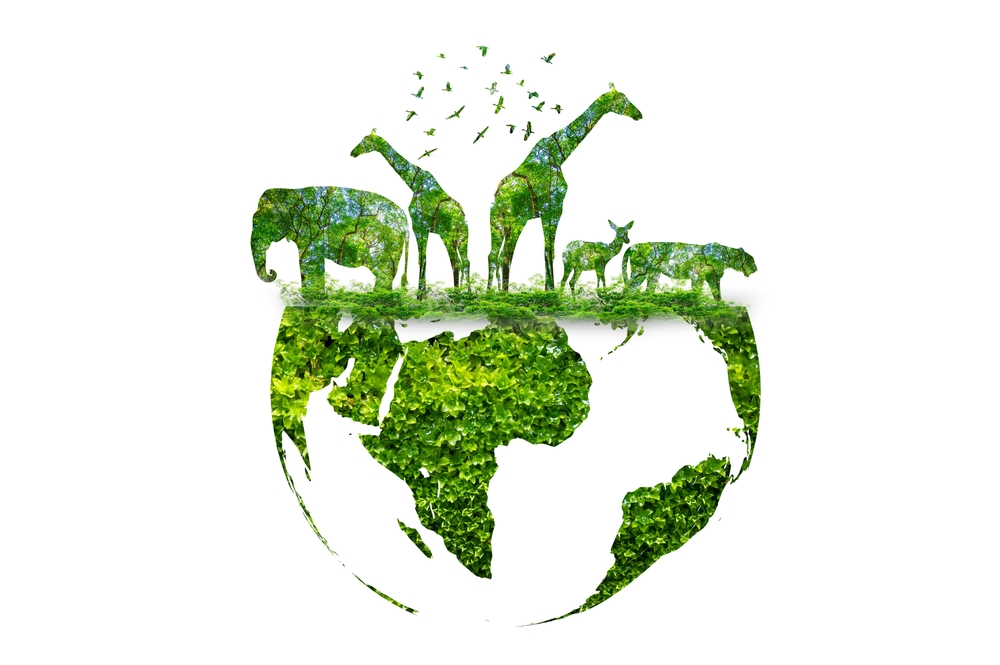As the world marked the 50th anniversary of World Environment Day, individuals, communities, civil society, businesses, and governments worldwide united to shine a spotlight on solutions to the pressing issue of plastic pollution. Against the backdrop of official celebrations in Abidjan, Côte d’Ivoire, supported by the Netherlands, this year’s World Environment Day garnered special significance. The event focused on actionable solutions to combat plastic pollution, aligning with recent global efforts to negotiate a comprehensive agreement to end plastic pollution, notably concluding a second round of negotiations in France.


